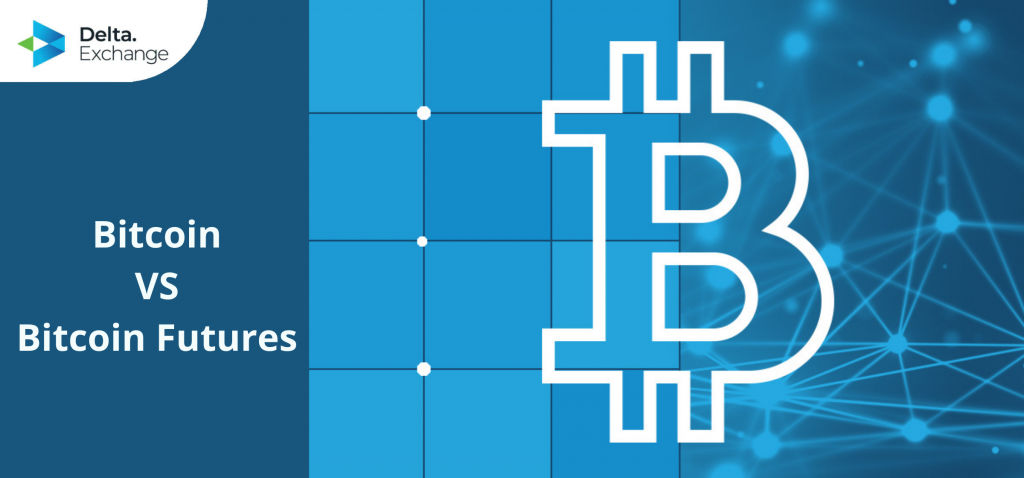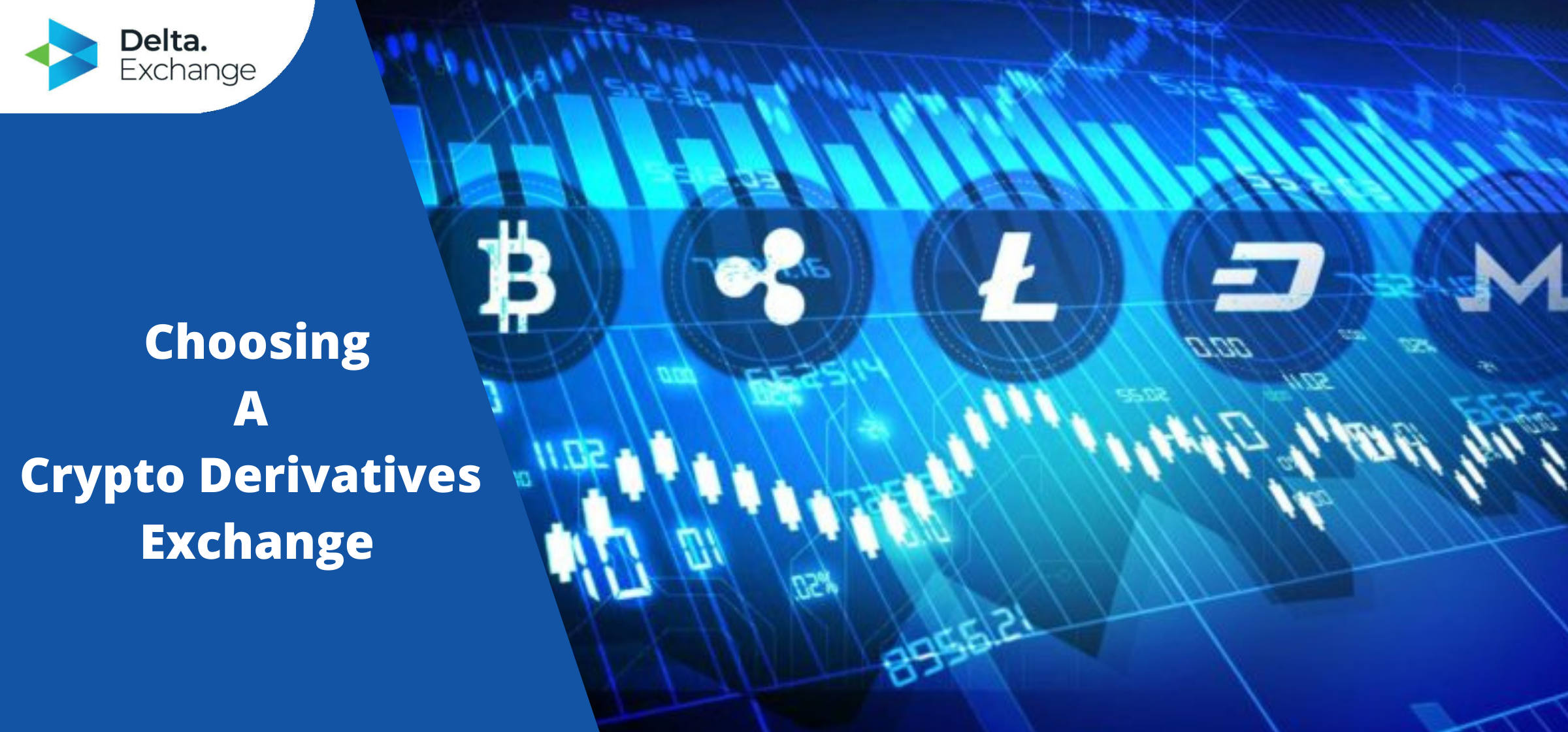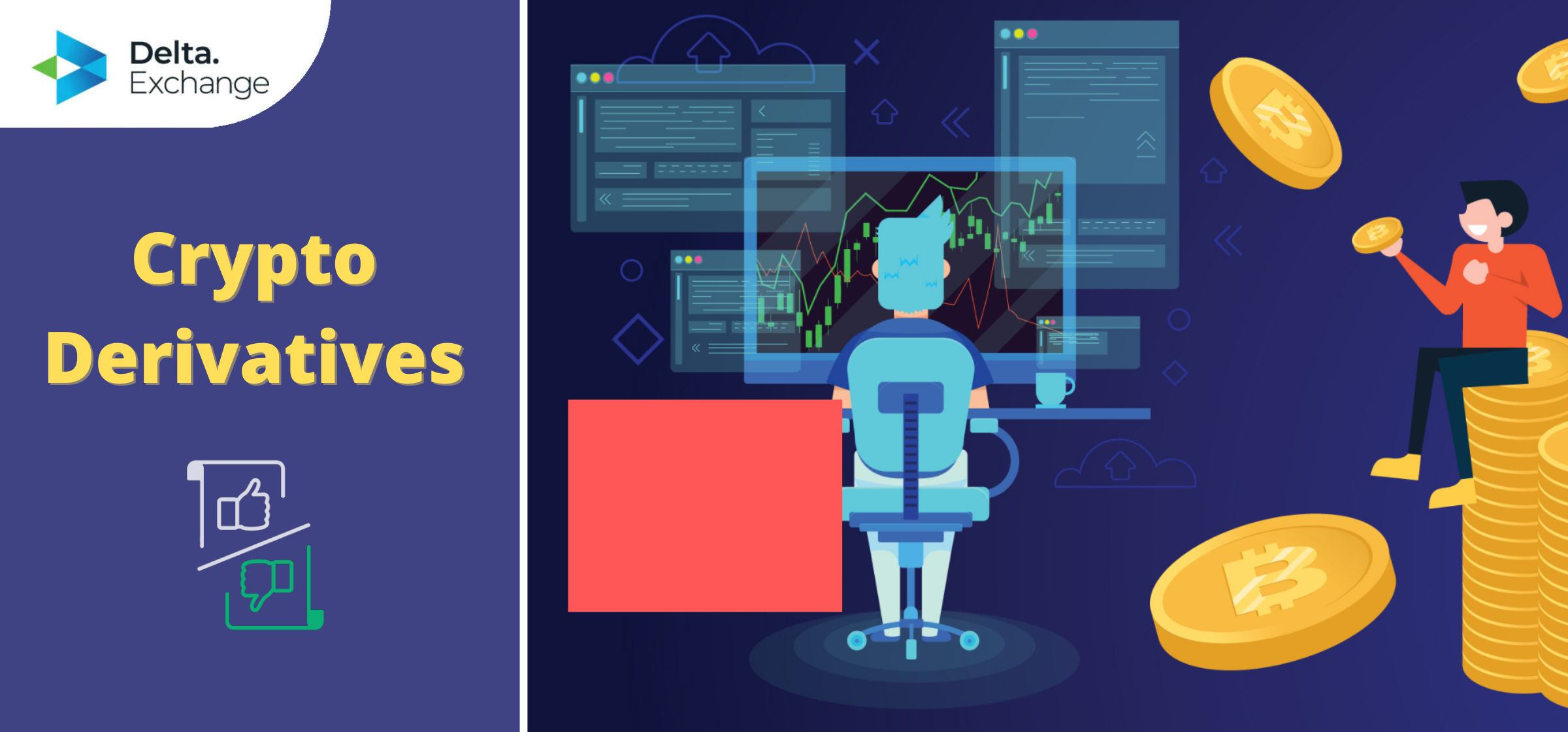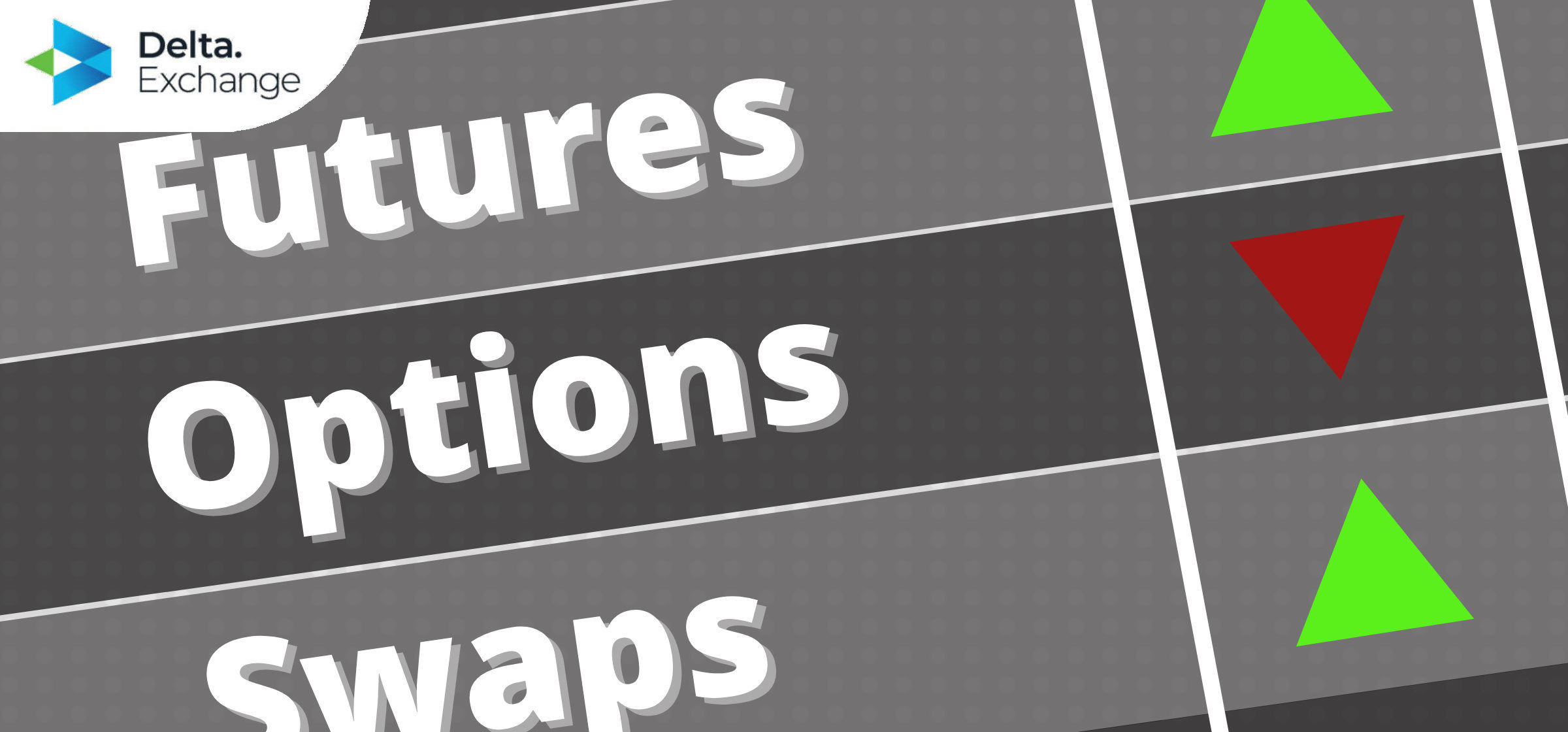
Bitcoin vs Bitcoin Futures - What's Best for you
Since the Chicago Board Options Exchange (CBOE) launched the Bitcoin futures on December 10, 2017, there has been considerable hype surrounding futures contracts trading for crypto. Now, according to data from the crypto analytical firm Skew, very recently, quite a few trading platforms have witnessed price movements picking up in the markets, as more and more traders have started seeing the appeal of the Bitcoin futures trade offs.
Seasoned traders often trade futures contracts for the added benefits like reduced risk exposure and hedging. After all, by trading in Bitcoin futures, one can predict major gains or losses, even with Bitcoin’s high levels of price volatility, and strategize accordingly- something that can’t be said for Bitcoin spot trading.
In this post, we’ll stack the various features of Bitcoin and Bitcoin Futures up against each other and see if crypto derivatives trading is indeed beneficial or not.
What is a Bitcoin Futures Contract, and How Does it Work?
A futures contract is a derivative instrument, one that is based on an underlying asset- in Bitcoin futures’ case, Bitcoin. A Bitcoin futures contract is a binding legal agreement to trade a certain amount of Bitcoin at a specific price and a predetermined time in the future.
The primary objective of a Bitcoin futures contract is to allow an investor to speculate on the future price of Bitcoin. So, no physical exchange of Bitcoin occurs during the transaction of a futures contract.
When it comes to Bitcoin trading, an investor trades at the then full price of Bitcoin. However, Bitcoin futures contracts trading involves a ‘margin’- which means a trader has to wager away only a small amount of the total transaction value during the trade. For instance, suppose at a Bitcoin futures trade, the margin is 40%. So if a bitcoin’s full price is $12,000, a futures trader could control one in exchange for just $4,800; notwithstanding the small transaction fee.
Both counterparties in the futures trade are required to deposit the marginal price; however, it will differ for them depending on the market conditions. A long position holder (buyer) benefits when there’s a price increase on Bitcoin. A short position holder (seller), on the other hand, profits when there’s a price drop. When the market goes up, the margin is automatically moved from a seller to a buyer, and the exact opposite happens when the market heads down.
Bitcoin and Bitcoin Futures: the Difference
Some of the quite apparent differences between Bitcoin and Bitcoin futures are:
- As mentioned before, at Bitcoin spot trading, the buyer receives Bitcoin simultaneously as the seller receives fiat money or cryptocurrency in exchange, right upon the completion of the trade. In a Bitcoin futures trade, though, both counterparties deposit only the marginal amount, and neither receives anything from the trade right away.
- The price for Bitcoin futures more often than not differ from the spot prices in an exchange platform’s markets. Every exchange platform comes up with a ‘fair price’ when it comes to Bitcoin futures trading. This fair price is used to evaluate whether the trading margin should be moved to the seller or the buyer; it is determined on the basis of the average price of spot exchanges, and doesn’t count in a contract’s trading price.
- In a Bitcoin spot exchange, a trading fee is charged by the exchange platform at the time of the trade, post which an investor can hold on to their Bitcoin for as long as they want without any additional expenses. However, a long-term investor trading in Bitcoin futures would be required to buy up a number of futures contracts to maintain their position, which means there are frequent trading expenses. Of course, the transactional charges for Bitcoin futures contracts tend to be only a fraction of that of a Bitcoin spot exchange, so an investor can dwell in the market for a long time before the trading charges equate to that of a spot market Bitcoin trade.
Is Bitcoin Futures Trading for You?
Bitcoin spot exchanges are relatively easier than Bitcoin Futures trading, and there are lesser risks as well. But Bitcoin futures exchanges require investors to have an in-depth perception of things like the crypto’s price volatility and the factors that affect returns and to stay up-to-date with the recent news of the market. Plus, futures traders are required to buy/sell on short notice, and it’s important to make sure they are knowledgeable enough to make sensible and swift trading decisions.
Even though a futures trade guarantees that both the counterparties will receive the predetermined amount upon the contract’s expiration, if the wager seems to be losing money, it might be required of the traders to put more funds into their trading accounts. This is another great risk, especially considering the frequent, drastic changes in Bitcoin’s price.
Now you might be wondering why despite the risks, Bitcoin futures trading sounds like a great idea to many, many traders. While it’s true that Bitcoin futures trading is definitely more suited for experienced traders with high risk appetites, it also has advantages that spot exchanges could never provide you.
Here are some of the main reasons why traders choose futures trading:
1. Reduced Exposure to Risks:
Bitcoin futures trading allows a trader to manage the financial risks by letting them lock in a fixed price upfront; so they will continue to pay that fixed price even when there’s a change in Bitcoin’s value. This is one of the basic reasons why traders pick Bitcoin futures trades over spot exchanges – it gives them a layer of protection against fluctuations in the ever-shifting price of the cryptocurrency, and reduces their risk exposure.
2. Speculation:
Bitcoin futures trading even allows a trader to benefit from Bitcoin’s price fluctuations. For example, an investor can benefit from a predicted price drop through short selling-betting against Bitcoin’s price.
3. Hedging:
Hedging allows all traders to safeguard their investments; Bitcoin futures traders can hedge their future revenues and lower uncertainties when it comes to the projected cash flow.
4. Traders Can Engage in Multiple Trades:
Since Bitcoin futures trading requires only a margin of Bitcoin’s actual price to be deposited, a trader can utilize their funds in other, short-term trades.
5. No Need to Hold Bitcoin Itself:
Bitcoin futures allows an investor to bet on Bitcoin without having to hold any actual Bitcoin, which provides traders who cannot invest in the cryptocurrency for geolocation issues with a great opportunity to control Bitcoin by speculating on its future price.
In conclusion, futures contracts play a great role in investment risk management while also bringing forth a chock-full of new opportunities – which is something a lot of traders seem to have realized already if the increasing number of traders operating in the futures market is any indication.
So while you would have to be the one to decide if you’re yet ready for futures trading, it only seems reasonable to give it a try once you have had some experience in the general spot exchanges.
You can trade Bitcoin futures through the Delta exchange. To find out more about the hows and whys of futures trading, do visit our Bitcoin futures guide.
Happy trading!




